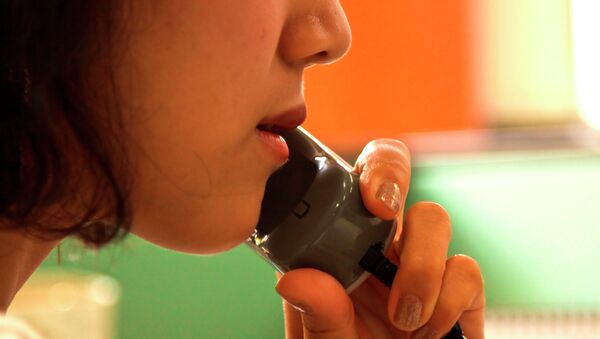The right to confidentiality between journalists and their sources goes to the heart of an open press. However, new changes to the Regulation of Investigatory Powers Act 2000 (Ripa), could allow police to access those conversations.
Media organisations across the UK have joined forces with lawyers, who also say confidential discussions between lawyers and their clients could be snooped on by the police, leading to an inequality of justice.
It follows a complaint by the Sun newspaper that London’s Metropolitan Police had used powers under Ripa to secretly view the phone records of its political editor, Tom Newton-Dunn and discover the identities of three officers accused of leaking information about the Plebgate incident.
It was part of an investigation into what the former Conservative chief, Andrew Mitchell, said to police officers when they refused to allow him to wheel his bike through the main gate in Downing Street.
The complaint is being considered by the Investigatory Powers Tribunal, which oversees the Ripa and its use within the terms of the Human Rights Convention. The European Court of Human Rights has consistently defended the right to confidentiality of journalists’ sources under Article 10 of the Convention which protects the right to freedom of expression.
Government Promises Not Good Enough
The UK government, in July, was forced to pass emergency legislation under the Data Retention and Investigation Powers Bill, to maintain existing powers to allow MI5, MI6 and GCHQ to track communications data, including phone and internet traffic data.
It followed a European Court of Justice (ECJ) ruling on data retention that declared the European Data Retention Directive to be invalid. In its April ruling, the ECJ found that: "the wide-ranging and particularly serious interference of the directive with the fundamental rights at issue is not sufficiently circumscribed to ensure that the interference is actually limited to what is strictly necessary."
However, the emergency law runs out in 2016 and the use of its surveillance to hack into journalists’ contacts has infuriated the British media. Home Secretary, Theresa May, put forward proposals to safeguard those rights in a proposed update to Ripa, but journalists have dismissed these as inadequate.
Journalism Isn’t a Crime
With less than a week to go before the consultation on May’s proposals runs out on January 20, the Society of Editors and trade paper, the Press Gazette have begun a petition to put pressure on May to strengthen the safeguards on journalist confidentiality.
Bob Satchwell of the Society of Editors told the Guardian:
“It is vitally important that everyone in the media makes it clear how important this issue has become. Journalism isn’t a crime and should not be treated as such.”
Dominic Ponsford of the Press Gazette said:
“The government’s draft Ripa code is a licence for the state to spy on journalists’ phone records at will. It allows police forces to approve their own requests for journalists’ call records provided they make a note of their target’s profession. It means that police forces will be able to continue to track down and punish lawful journalistic sources (as was the case with the Met Police and the Sun’s Plebgate sources). The guidance makes no mention of the overriding public interest in protecting journalists’ sources.”
A Delicate Balance of Power – and Dangerous Too
The row comes in the week following the Paris Charlie Hebdo attacks, which brought calls by the head of Britain’s MI5 intelligence agency for more powers to intercept communications data. He was backed up by PM David Cameron who said that – if he won power in the 2015 election – he would give Britain’s intelligence agencies new powers of interception. "The first duty of any government is to keep our country and our people safe,” he said.
Cameron, May, the police and the intelligence agencies are all now on a collision course with the Fourth Estate – the media – as well as human rights campaigners. Politicians had a field day attacking the press over the hacking scandal, in which the extent of unscrupulous interception of mobile phone messages had been exposed – leading to the downfall of the News of the World and the Leveson Inquiry into the role of the press and the police in the phone-hacking scandal.
That, in turn, led to the collapse of the self-regulation by the Press Complaints Commission watchdog and to a further spat between politicians and the media over its replacement. In the run-up to a general election, politicians need to tread warily with the national press, whose proprietors wield significant powers when it comes to swaying voters.



